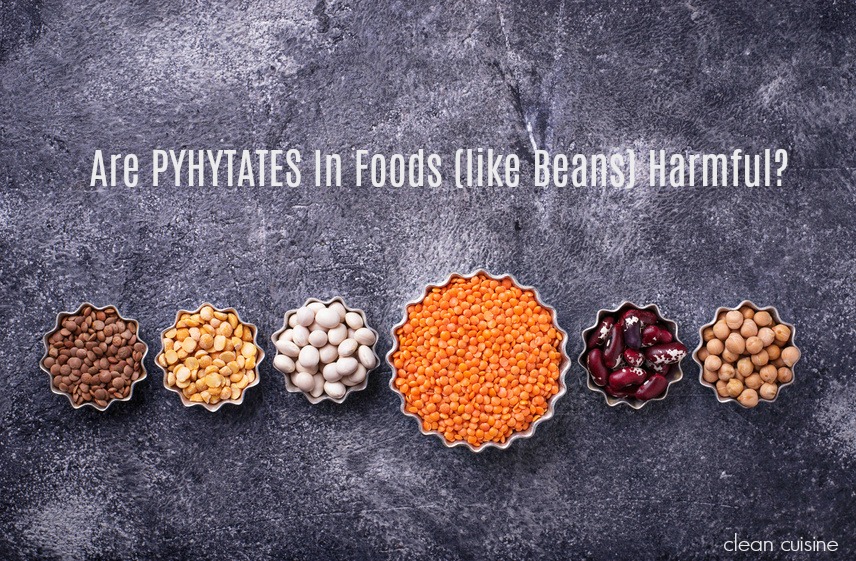 We feel compelled to briefly touch on the concern about phytates in foods like whole grains, nuts, beans and seeds. If you have any of our books or have read our clean eating definition, then you know these foods are a part of our diet and have been for almost 20 years (you can read my personal 19-year clean food diet journey HERE.)
We feel compelled to briefly touch on the concern about phytates in foods like whole grains, nuts, beans and seeds. If you have any of our books or have read our clean eating definition, then you know these foods are a part of our diet and have been for almost 20 years (you can read my personal 19-year clean food diet journey HERE.)
Phytates perform an essential role in plants, as they are an energy source for the sprouting seed. So, anyone who eats plant foods consumes phytates. It’s just a matter of quantity.
Before addressing the concerns people have over phytates it is important to point out that numerous studies show a plant-rich diet is the best diet for disease prevention, including type 2 diabetes, heart disease and even cancer. The diet we eat is very rich in unrefined “whole” plant foods, which means it also contains phtyates.
Our definition of clean eating below is pretty straightforward and it also includes A LOT of different foods, some of which happen to naturally contain phytates.
Our definition of clean eating:
Clean eating is a plant-rich diet based on a wide variety of anti-inflammatory whole foods packaged in their most natural and nutrient-rich state.
What are Phytates?
Phytates (and phytic acid) are an indigestible plant compound that are found in unrefined “whole” plant foods. Refined plant foods, such as white flour, do not have phytates. But I think everyone knows by now that refined white flour is not exactly a health food. For what it’s worth, the number one source of calories in the diet of Americans of all ages is “grain-based desserts” like cake, cookies, donuts, and pastries. Pizza, soda, and alcohol are also in the top six. Knowing this, it’s not surprising why so many Americans suffer from a wide number of inflammatory diseases.
Phytates perform an essential role in plants, as they are an energy source for the sprouting seed. When a seed sprouts, phytase enzymes break down the stored phytates. Phytates also seem to perform an important role for humans by acting as antioxidants. When phytic acid binds minerals in the gut, it prevents the formation of free radicals, thus making it an antioxidant. Not only that, but phytates also seem to bind heavy metals (e.g., cadmium, lead) helping to prevent their accumulation in the body. This is a good thing!
Some experts even suggest that it’s the phytic acid in unrefined “whole” plant foods that lends them their apparent protective properties against diseases highly prevalent in people who eat Westernized diets, including cardiovascular disease, cancer, and diabetes. Keep in mind in developing countries, unrefined “whole” plant foods are staple foods, which means people eat more of them, and therefore get more phytic acid.
Additionally, phytates themselves actually have some health benefits, including anti-inflammatory effects. In laboratory research, phytates have helped normalize cell growth and stopped the proliferation of cancer cells. They also may help prevent cardiovascular disease and control the blood sugar response after eating.
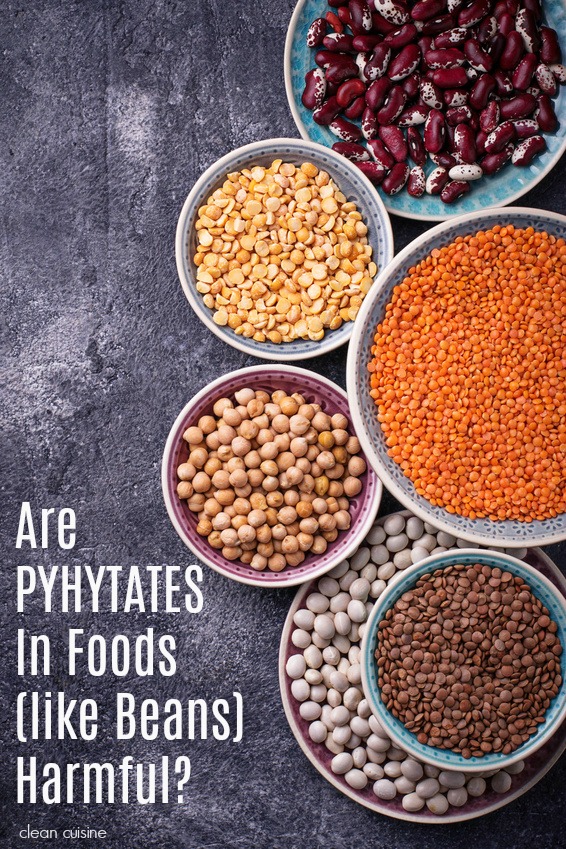 Why are Foods that Contain Phytates a Concern for Some People?
Why are Foods that Contain Phytates a Concern for Some People?
The chief concern about phytates is that they can bind (chelate) to certain dietary minerals including iron, zinc, manganese and, to a lesser extent calcium, and slow their absorption.
But science doesn’t back this up. There is actually no solid science showing that eating an otherwise balanced diet that also includes phytate-containing unrefined “whole” plant foods in the form of beans, nuts, whole grains, seeds, and whole soy is detrimental in anyway. In fact just the opposite!
Science shows the healthiest people in the world eat these healthy unrefined phytate-containing plant foods as part of a healthy and well-balanced diet. If you are familiar with the New York Times bestselling book, the Blue Zones Solution, then you know researchers have identified the highest concentrations of centenarians (people who live to be 100 years old) in the world, called Blue Zones, and analyzed their diets and lifestyle. Blue Zone residents are considered to be the “world’s healthiest people.” Residents of people living in Blue Zones live in very different parts of the world. Yet they have nine lifestyle habits that lead to happier, healthier, longer lives. Although not all of the nine lifestyle habits are related to diet, the diet-related habits are inline with the anti-inflammatory clean eating diet we promote here on Clean Cuisine. The healthiest people in the world eat plant-rich diets (in particular lots of beans), which means they eat phytates. (Note: I talk more about the Blue Zone diet habits in this blog post.)
When Might Foods that Contain Phytates Be a Problem?
The concern might be if your diet only consisted of foods rich in phytates. For example, there is actually research showing that the consumption of wheat bran can in fact reduce iron intake. But it is important to point out that wheat bran is not at all the same as “whole” wheat kernels; wheat bran is the fiber-only part of the wheat kernel and can be compared to taking fiber supplements, something that is not part of Clean Cuisine recommendations. It goes to reason that taking too much fiber in supplement form could reduce nutrient absorption, so the wheat-bran research isn’t really all that surprising.
Extreme diets, including certain vegan diets (such as the macrobiotic diet), that are exceptionally high in whole grains (which Clean Cuisine is NOT) have been shown to have nutritional issues, at least in part due to phytic acid.
But it is also important to point out that simply cooking your food will dramatically reduce the phytic acid content. If you want to be doubly safe, you can take additional measures to soak or sprout your beans, grains, nuts, seeds and soy. Sprouting and soaking releases all the vital nutrients stored within the whole plant food and maximizes nutrition. Also, simply making the switch from regular whole grain bread to sprouted whole grain bread is a doable dietary change that can enhance nutrition and reduce overall phytic acid in your diet. (Note: We talk about the benefits of sprouting in our online Clean Cuisine Challenge HERE.)
Traditional fermentation methods (such as soy that is turned to tempeh or miso) are also extremely effective at reducing phytic acid. (Note: We talk about the benefits of eating fermented foods on a daily basis HERE in this blog post.)
A Diverse Diet is the Simple Solution to Phytate Concerns
If you are still concerned about foods that contain phytates there is a simple solution….
Eat a diverse diet that is plant-rich but not vegan. That’s what Clean Cuisine is. We talk more about the concerns we have with vegan diets HERE and explain why we are not vegan in this blog post.
In Conclusion
It is important to remember that the more restricted your diet, the more carefully you have to compose it to achieve adequate nutrition. We do not believe you need to eliminate phytate containing foods from your diet as long as you are eating an otherwise balanced, nutrient-dense diet and variety rich diet. We are not suggesting your diet consist only of beans and whole grains, far from it!
And finally, at the end of the day, you have to use common sense; when you investigate dietary patterns from epidemiological studies you discover that the people whose diets are rich in phytate-containing “whole” plant foods are in fact among the healthiest people in the world, and that, in our book, counts for a lot.
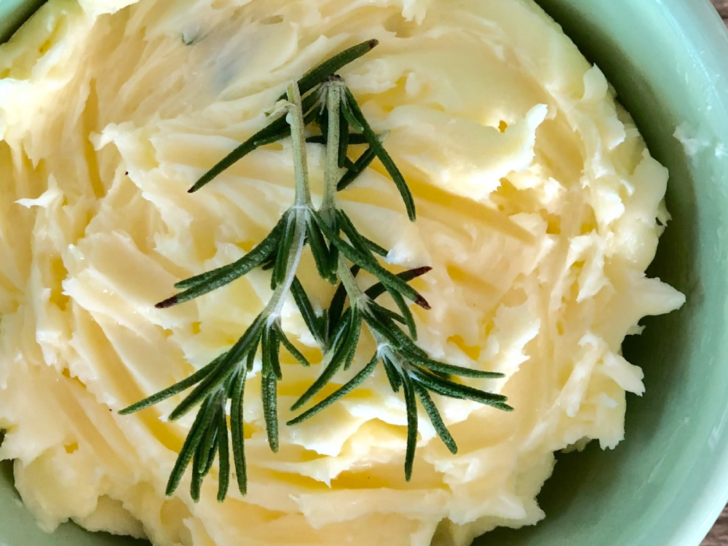
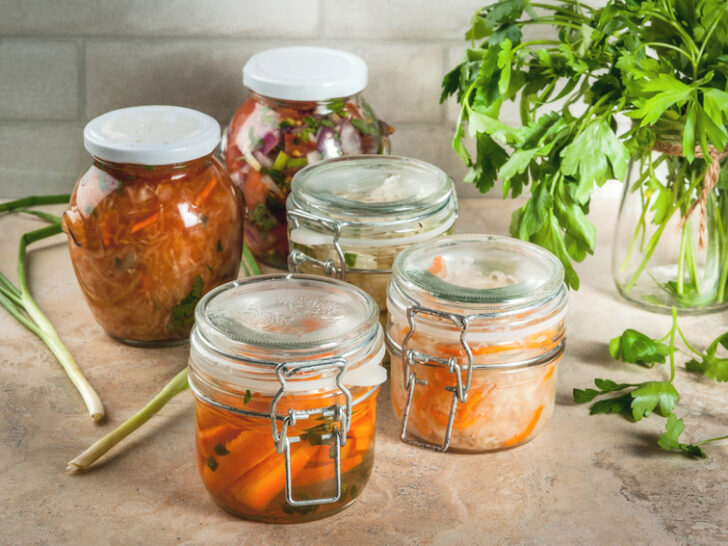
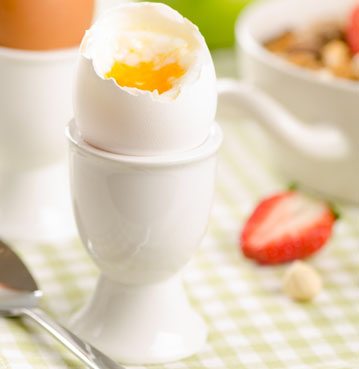
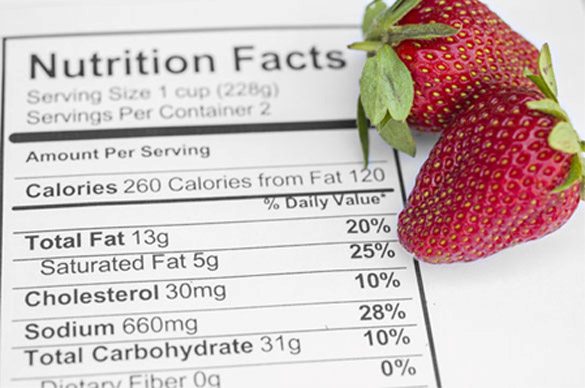
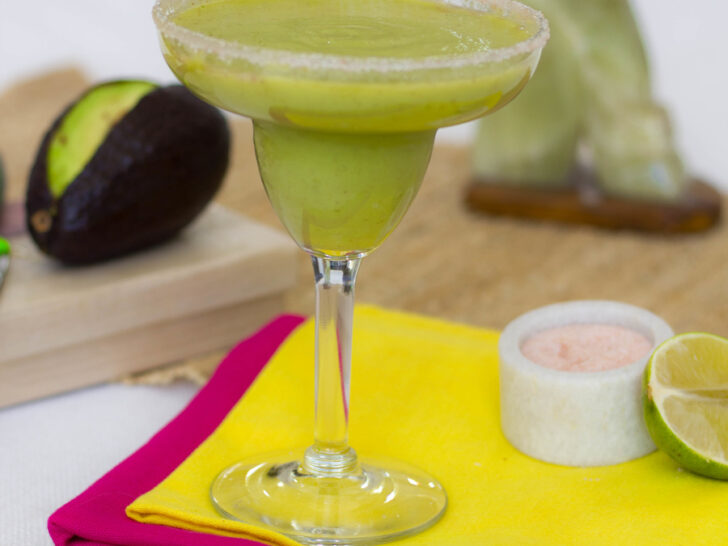
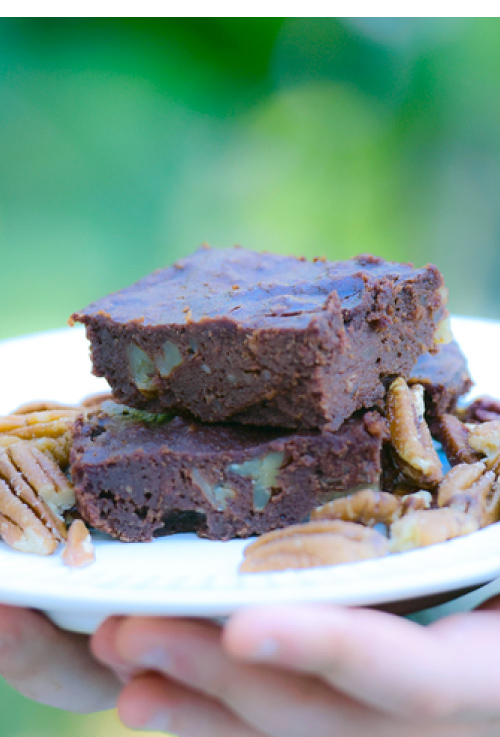
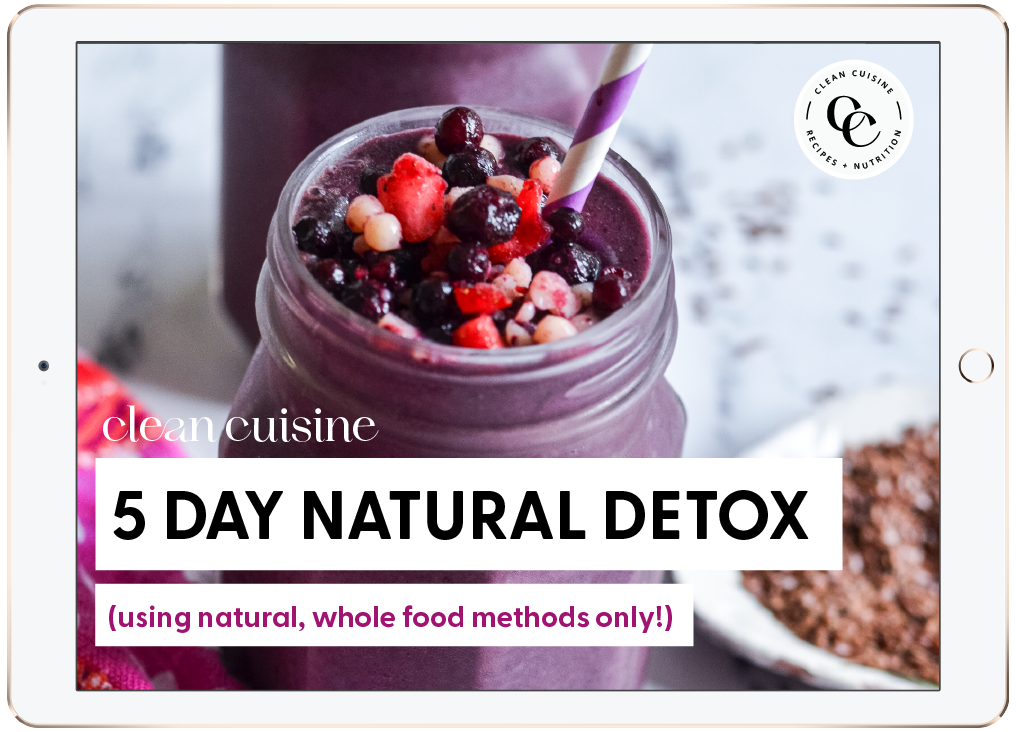
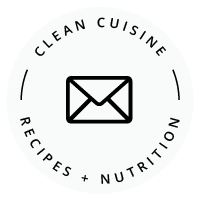
Rose
Monday 30th of September 2019
Are almonds peanuts and walnuts antinutiernts?
Ivy Larson
Wednesday 2nd of October 2019
Hi Rose,
No, almonds, peanuts and walnuts are absolutely not anti-nutrients. Having said that, you can always boost the digestibility and nutrient absorption of your nuts, seeds and whole grains by soaking them in water. This is a great article that helps explain the benefits of soaking: https://wholelifestylenutrition.com/recipes/appetizers-snacks/is-soaking-nuts-necessary-how-to-properly-soak-your-organic-raw-nuts/
I also always highly recommend digestive enzymes to anyone concerned that they are not absorbing all of their nutrients. For what it is worth, my favorite digestive enzyme company is Digest Gold.
I hope this helps? Please keep me posted!